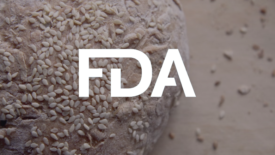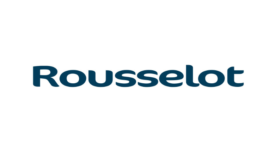Cross-Contamination
A New Era for Food Allergen Analysis? Shifting Focus from Detection to Accurate and Precise Quantification
Method considerations and data gaps must be addressed in the shift toward quantitative, risk-based allergen management strategies
February 6, 2023
The Regulation of Chemical Recyclates for Use in Food Packaging
While the need for recycling is important, it shouldn’t compromise food safety
October 18, 2021
Op-Ed: FDA Needs to Act Now on Toxic Metals in Baby Food
Exclusive remarks from Congressman Raja Krishnamoorthi to Food Safety Magazine
June 21, 2021
A Small Survey of Food Safety Practices by Frozen Vegetable Suppliers
A glimpse into the practices of the frozen-food supply chain
June 20, 2021
Never miss the latest news and trends driving the food safety industry
eNewsletter | Website | eMagazine
JOIN TODAY!Copyright ©2024. All Rights Reserved BNP Media.
Design, CMS, Hosting & Web Development :: ePublishing










